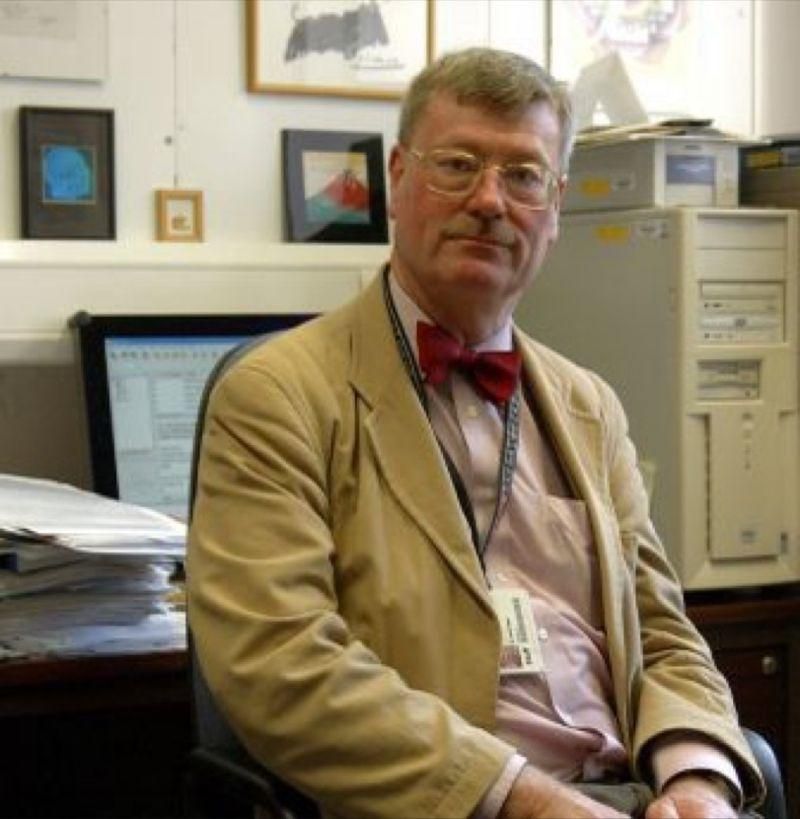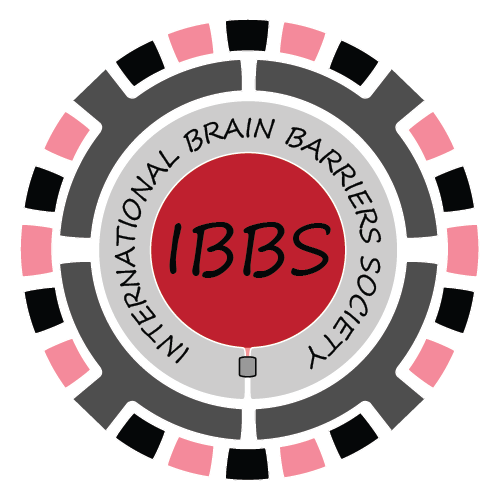Dear Colleagues of the IBBS,
It is with much sadness that we mark the recent passing on Thursday, July 6, 2023 of Dr. David Begley, a long-time, highly valued member of our field.
 David was Senior Lecturer in Physiology at King’s College London, where he headed a laboratory within the Institute of Pharmaceutical Sciences investigating the blood-brain barrier (BBB) and drug delivery to the CNS with a special emphasis on lysosomal storage diseases. A graduate of the University of Oxford (B.A. in 1973, Ph.D. in 1977), he later was the Friedrich-Merz-Stiftungsgast Professor at Goethe University (Frankfurt, Germany) for the academic year 1997-1998 and was visiting Academic in Residence at GlaxoSmithKline from 2005-2007.
David was Senior Lecturer in Physiology at King’s College London, where he headed a laboratory within the Institute of Pharmaceutical Sciences investigating the blood-brain barrier (BBB) and drug delivery to the CNS with a special emphasis on lysosomal storage diseases. A graduate of the University of Oxford (B.A. in 1973, Ph.D. in 1977), he later was the Friedrich-Merz-Stiftungsgast Professor at Goethe University (Frankfurt, Germany) for the academic year 1997-1998 and was visiting Academic in Residence at GlaxoSmithKline from 2005-2007.
For those fortunate enough to have gotten to know him, David was a friendly, supportive, and deeply knowledgeable presence in the CNS barriers field for decades. Among his many impactful contributions was to raise awareness about the neuronopathic lysosomal storage disorders and to convince many CNS barriers scientists to focus their own research programs at least partly on studies related to the biology of diseases such as the mucopolysaccharidoses or on better ways to specifically deliver enzyme replacement therapies to the CNS.
Dr. Begley had many career highlights. He served as Chair and lead organizer of the 2nd ‘Barriers of the CNS’ Gordon Research Conference, held in Tilton, New Hampshire in 2002, a meeting that has today become one of the premiere scientific conferences in the field. In 2007, he was the co-founder with Dr. Maurizio Scarpa of the Brains for Brain Foundation, networking basic brain barriers scientists, clinicians and patient advocates together in an effort to unravel new ways to deliver drugs to the brains of lysosomal storage disease (LSD) patients in highly impactful annual meetings that ran for nearly 15 years in Frankfurt, Germany. These meetings were notable for bringing people from the BBB / CSF physiology research community together with like-minded scientists, clinicians, and foundation representatives from the LSD and other rare disease fields to brainstorm ideas and possible solutions in an attempt to move forward on research that could one day provide new therapies and help to patients and their families. Many of us have wonderful memories of these meetings, from the dinners that nearly always included a number of parents associated with LSD foundations to the many collective discussions we all had centered around new research directions and the search for new treatments.
Through his research, David contributed to a deeper understanding of BBB function, to the direct and secondary effects of toxic material (‘storage’) buildup that occur within cells of the CNS barriers resulting from enzyme deficiencies, and to a better appreciation of the challenges associated with drug delivery to the brain. His laboratory had wide experience using both in vitro and in vivo models to study transport at the BBB. In recent years, he had been studying the involvement of the BBB in mouse models of the mucopolysaccharidoses (e.g. MPS IIIA and MPS IIIB) and the problems of delivering therapies to the brain in these disorders. Together with his BBB-focused colleagues at King’s College, David was part of one of the leading groups in this research area, recognized worldwide for many decades. A frequent consultant to biopharma companies, David personally advocated for more research on the CNS barriers and neurononopathic lysosomal storage diseases with a variety of different stakeholders. In summary, David played a key role at one time or another in nearly all of the major conferences we have had in the CNS barriers field and he was a generous mentor to many. David's career, mentoring, and outreach has truly made a large difference in the lives of many people within our field.
We express our sincerest condolences to his family members.




